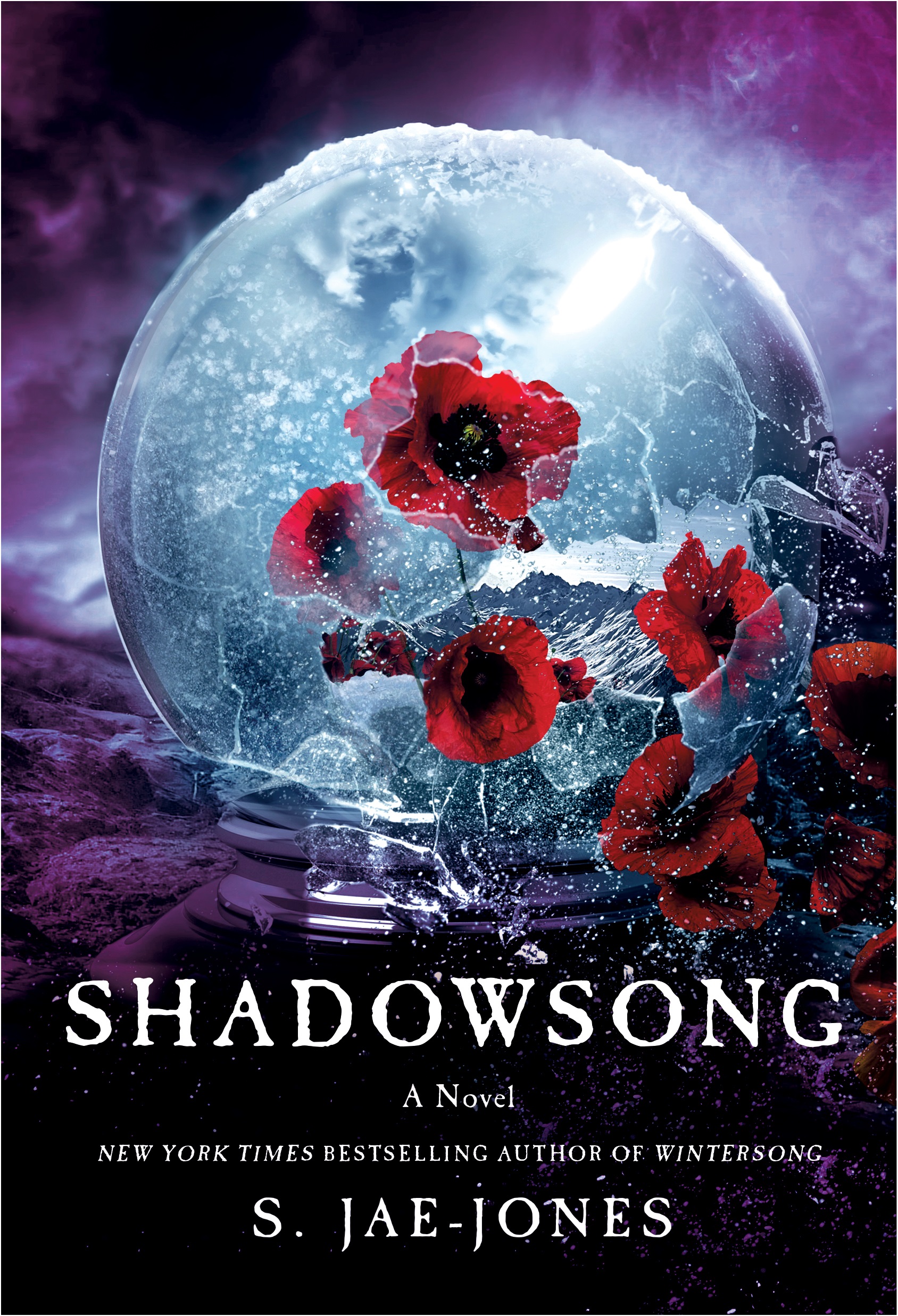 Shadowsong is a very different beast from Wintersong. I don’t think that’s a bad thing, but it is something to be aware of going in. One of my favorite things about Wintersong was the atmosphere of the Underground – the magic, the mystery, and of course THE GOBLIN KING. I mean, Mein Herr was probably my absolute favorite character in the whole book.
Shadowsong is a very different beast from Wintersong. I don’t think that’s a bad thing, but it is something to be aware of going in. One of my favorite things about Wintersong was the atmosphere of the Underground – the magic, the mystery, and of course THE GOBLIN KING. I mean, Mein Herr was probably my absolute favorite character in the whole book.
“I didn’t want to look at the monsters in my mind. Think of that spectral touch upon my hair, my cheek, my lips. That sigh across my skin. That murmur, that whisper of my name across that veil.”
In Shadowsong, we get a very disappointing amount of The Goblin King with Leisel. Yes, there are memories, flashbacks, and the occasional stolen moment together, but man I longed for more of their romance, their tension, and their tragedy. Luckily, we DO get a surprisingly large amount of the Goblin King’s backstory, and those sections were probably my favorite parts of Shadowsong.
“When at last they were able to break down the door, the townspeople found not a shop but a tomb. The wheelwright’s shop was filled to the brim with dirt and loam and leaves and twigs — and the strange sight of scarlet poppies scattered like drops of blood amidst the decay and decrepitude. But the strangest sight of all, surrounded by the fractured figurines of bears who walked like men and wolves with men’s faces, was a little boy with hair the color of snow and eyes of two different hues. A wolf boy.”
Because Leisel and The Goblin King are separated for most of the book, the story instead centers around Leisel’s transition back into the world above. It follows her as she struggles to reacclimate to mortal life, without the powerful muse of The Underground flowing through her. We get a lot more of Josef, and delve deeply into their relationship.
I would say that the first half or so of this book was a bit too dense for my tastes – it’s slow-moving and there is a ton of description. But as the book goes on the mysteries begin to unravel and things certainly speed up. The last few chapters especially were exquisite and provided a most satisfying conclusion to the duology.
There is a lot of exploration into what it means to be sane, and we get an inside look at Leisel’s mercurial nature, more so than we did in Wintersong even.
“I trailed regrets and reproach in my wake, my moods as mercurial as quicksilver. I strained even Francois’s infinite patience – pleasant and productive one moment, sullen and snarling the next. I knew I was insufferable, yet my irritability was a force both beyond and beside me. Even I found my own whining exhausting at times. I vacillated between rage and despondency, furious I couldn’t force happiness on myself.”
It’s an interesting look at bi-polar mood swings and depression, and I think it’s handled with the appropriate care for such a delicate subject. Leisel definitely reads as authentic, to say the least.
All in all, I enjoyed the mystery with the Count and Countess, though I was a trifle disappointed when the Countess’ storyline didn’t play out quite as drastically as I had imagined it would (rather it seemed like they were just abruptly forgotten about once they no longer served the larger plot). I really had hoped for something a tad bloodier at the end of their story arc.
Still, the ending made up for any of my grievances and then some – it is stunning and masterful and I am very pleased. That alone bumped this up to 4.5 stars.
Rating: 4.5/5 stars